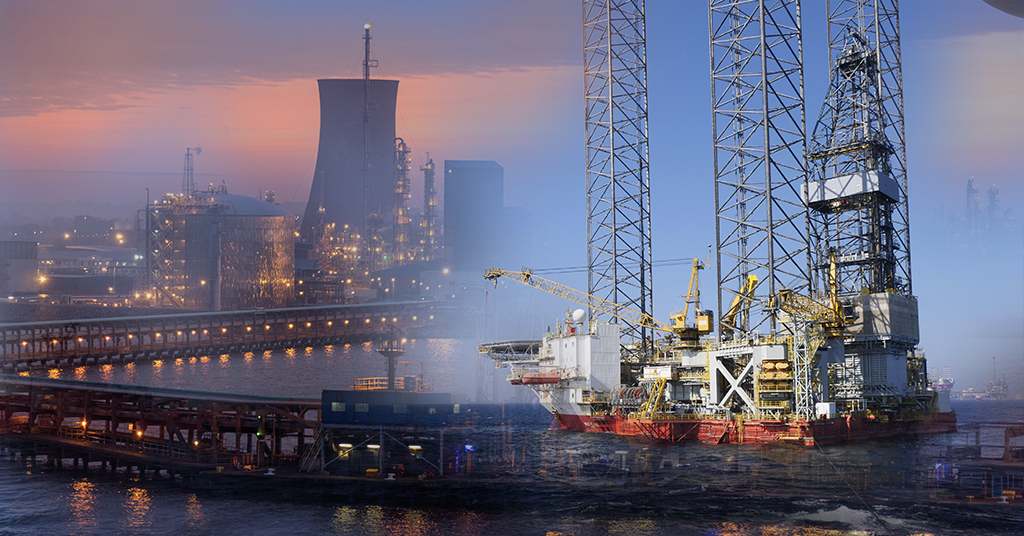Welcome To ChemAnalyst

BASF is committed to transforming its Ludwigshafen site into a premier, sustainable chemical hub for Europe, reinforcing it as a cornerstone of the company's future success. Dr. Katja Scharpwinkel, Member of the Board of Executive Directors and Site Director of BASF SE, stated, “We have conducted an extensive evaluation of our production asset structure in Ludwigshafen, taking into account both current and anticipated market and customer demands for chemicals. While most of our assets remain competitive within their respective markets, our analysis indicates that certain plants and production lines are no longer generating adequate profits, either due to diminished competitiveness or structural underutilization.”
As a result of this comprehensive assessment, BASF has already initiated initial asset adjustment measures. These include the closure of specific facilities such as the adipic acid, cyclododecanone (CDon), and cyclopentanone (CPon) plants, a decision publicly announced at the end of August 2024. Dr. Scharpwinkel further explained, “We are currently evaluating additional asset adjustment measures, which will be implemented progressively as needed.”
In parallel with these operational changes, BASF is also restructuring its non-operational frameworks within the Ludwigshafen site. The company plans to achieve significant cost reductions through a broad range of strategic initiatives. As previously communicated, BASF aims to realize total annual cost savings of approximately €2.1 billion (run-rate) by the end of 2026. “The Ludwigshafen site will become more streamlined yet more robust. It will enhance our competitive standing in the European market and ensure successful operations in the medium to long term,” Scharpwinkel added.
BASF’s analysis further reveals that all major value chains at the Ludwigshafen site are capable of competing effectively in their respective markets. Additionally, the company stands to gain from the momentum generated by the ongoing green transformation. The site’s integrated Verbund system provides unique benefits that facilitate the green transformation for customers. This advantage stems from its intrinsic energy and resource efficiency, multiple entry points that offer feedstock flexibility, and the capacity to utilize renewable and recycled feedstocks within existing assets in a versatile and scalable manner.
The Verbund system at Ludwigshafen is a key element in BASF’s strategy, enabling the company to deliver comprehensive solutions that support customers’ sustainability goals. By leveraging this system, BASF can efficiently integrate various production processes, optimize resource use, and reduce environmental impact. The flexibility to incorporate renewable and recycled materials ensures that the site remains adaptable to evolving market demands and regulatory requirements.
Overall, BASF’s strategic restructuring of the Ludwigshafen site is designed to enhance its sustainability and competitiveness. By optimizing asset utilization, reducing costs, and leveraging the strengths of the Verbund system, BASF aims to position Ludwigshafen as a leading chemical site in Europe. This transformation will not only support the company’s long-term growth objectives but also contribute to broader environmental and economic sustainability goals.
We use cookies to deliver the best possible experience on our website. To learn more, visit our Privacy Policy. By continuing to use this site or by closing this box, you consent to our use of cookies. More info.
